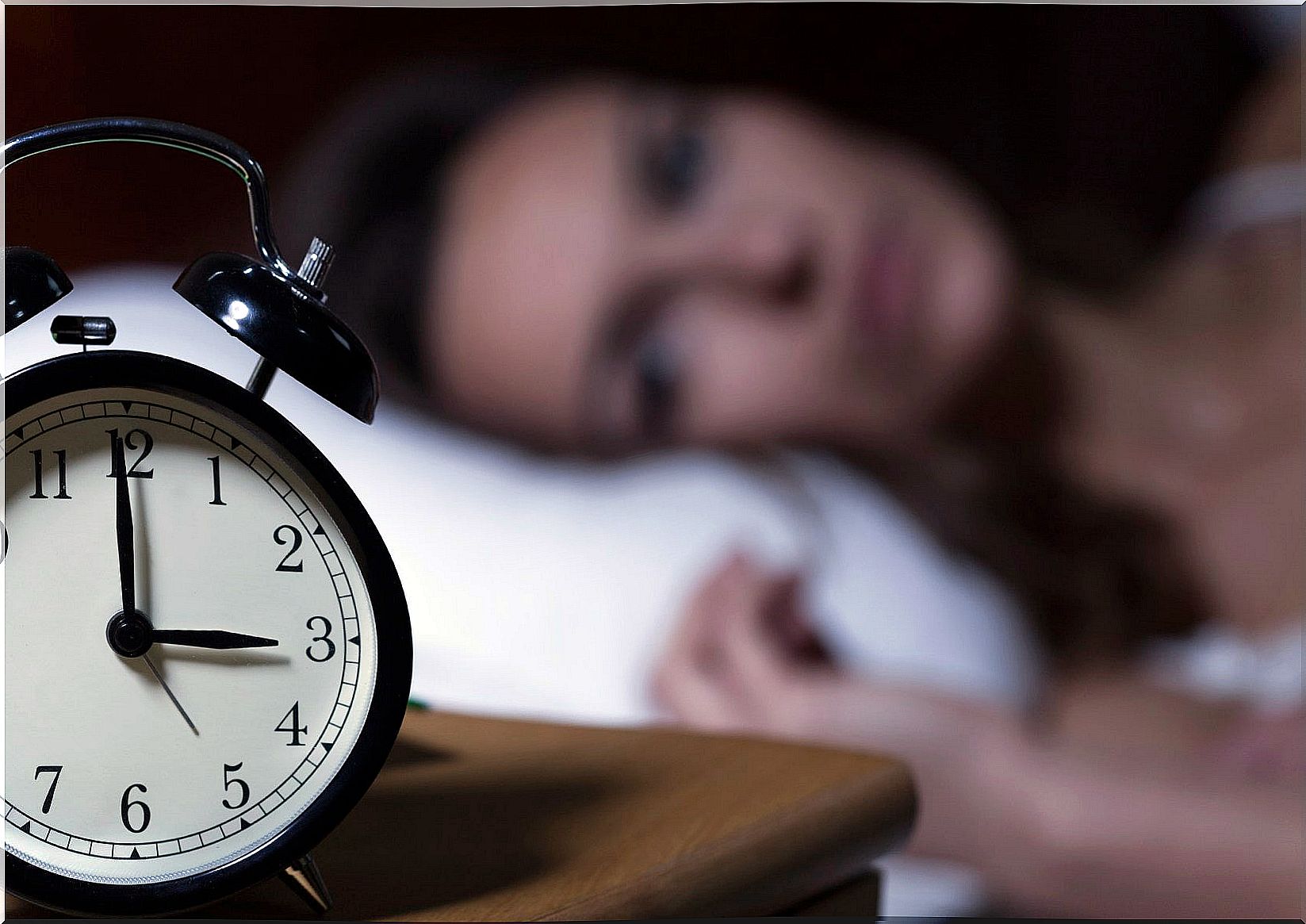Common Sleep Problems In People With Diabetes And How To Treat Them

Insomnia can have a variety of psychological causes, but is sometimes due to physical health problems. Although few people know about it, insomnia can affect people with diabetes, especially type 2 diabetes. Sometimes the problem manifests itself as difficulty falling asleep, and sometimes it causes sleep apnea at night.
Regardless of what form sleep problems take, they lead to daytime fatigue and to aggravate the disease itself.
Find out more about the links between insomnia and diabetes. An experienced doctor will certainly be able to help you relieve your symptoms in a relatively easy way.
Insomnia and diabetes – what do they have in common?
As we know, diabetes is a disease associated with impaired insulin production in the body. Glucose spikes a person experiences can be very dangerous to health.

In type 1 diabetes, the problem is in the kidneys, which are unable to produce insulin. In contrast, the body of a person with type 2 diabetes produces insulin, but not enough.
Few people know about it, but spikes in blood sugar levels can lead to sleep disorders in patients. Let’s take a closer look at the sources and symptoms of this type of disorder.
Excessive urination at night
Some people wake up feeling dry and have to get up to drink water. When the sugar level in the body is too high, the body begins to draw water from the tissues, which causes the feeling of dehydration quite quickly.
Anyone who drinks one or two glasses of water a night will naturally have to urinate more frequently. Over and over again.
In turn, low sugar levels lead to malaise, dizziness and excessive sweating. This, of course, has a negative effect on sleep quality.
Sleep apnea
Sleep apnea is a common complaint of people with diabetes. The main source of this problem, however, is usually overweight. People with type 2 diabetes are very often overweight or obese.
Excess weight creates a feeling of tightness in the chest, which in turn restricts the flow of air while breathing, also during sleep.

Snoring is often a symptom of sleep apnea, so you should take this disorder seriously, especially if it occurs in an obese or diabetic person.
Remember that sleep apnea is a break in the supply of oxygen to the body. A person struggling with this problem has low blood oxygen levels and thus has hypoxic organs, including the brain and heart.
Restless legs syndrome and insomnia
Few people associate restless legs syndrome with diabetes. These two problems, however, are much more closely related than we might imagine. Restless legs syndrome can have various causes. The most common of these are iron deficiency, elevated blood glucose levels, and kidney problems.
If you have any of these problems, be sure to see your doctor for a comprehensive examination. Sometimes mild anemia can develop into much more serious disorders or it can make the symptoms of diabetes worse, so it is worth having regular tests.
How to improve your sleep quality if you suffer from type 2 diabetes
If you have type 2 diabetes and want to improve your sleep quality, follow these tips:
Diet
- To enjoy a good night’s sleep and to avoid having to go to the toilet in the middle of the night, try to drink less fluids before going to bed.

- Avoid energy drinks that contain caffeine, theine, or taurine.
Light afternoon exercises
- Regular exercise has a very positive effect on the quality of sleep.
Avoid electronic devices to avoid insomnia
- Two hours before going to bed, avoid looking at the screen of your phone, laptop or tablet.
- If you have to use these devices very late, use blue light blocking apps that have a stimulating effect on the brain.
Stick to the plan of the day
Sticking to the same daily schedule is very helpful in regulating your internal clock. Try to eat meals, finish work, go to bed, etc. at the same time.
Thanks to these simple changes, your circadian rhythm will be better adapted to your body’s needs and you will sleep better.
Regular medical examinations
As diabetes and insomnia are closely related, it is important to remember the importance of consulting your doctor when you have any health problems. Remember that if you suffer from diabetes you need to have regular blood tests, take care of your weight, eat a healthy diet and take care of your heart.
All of these elements have an impact on the quality of your sleep and therefore on your well-being. Take care that diabetes does not reduce your quality of life. Really worth!









